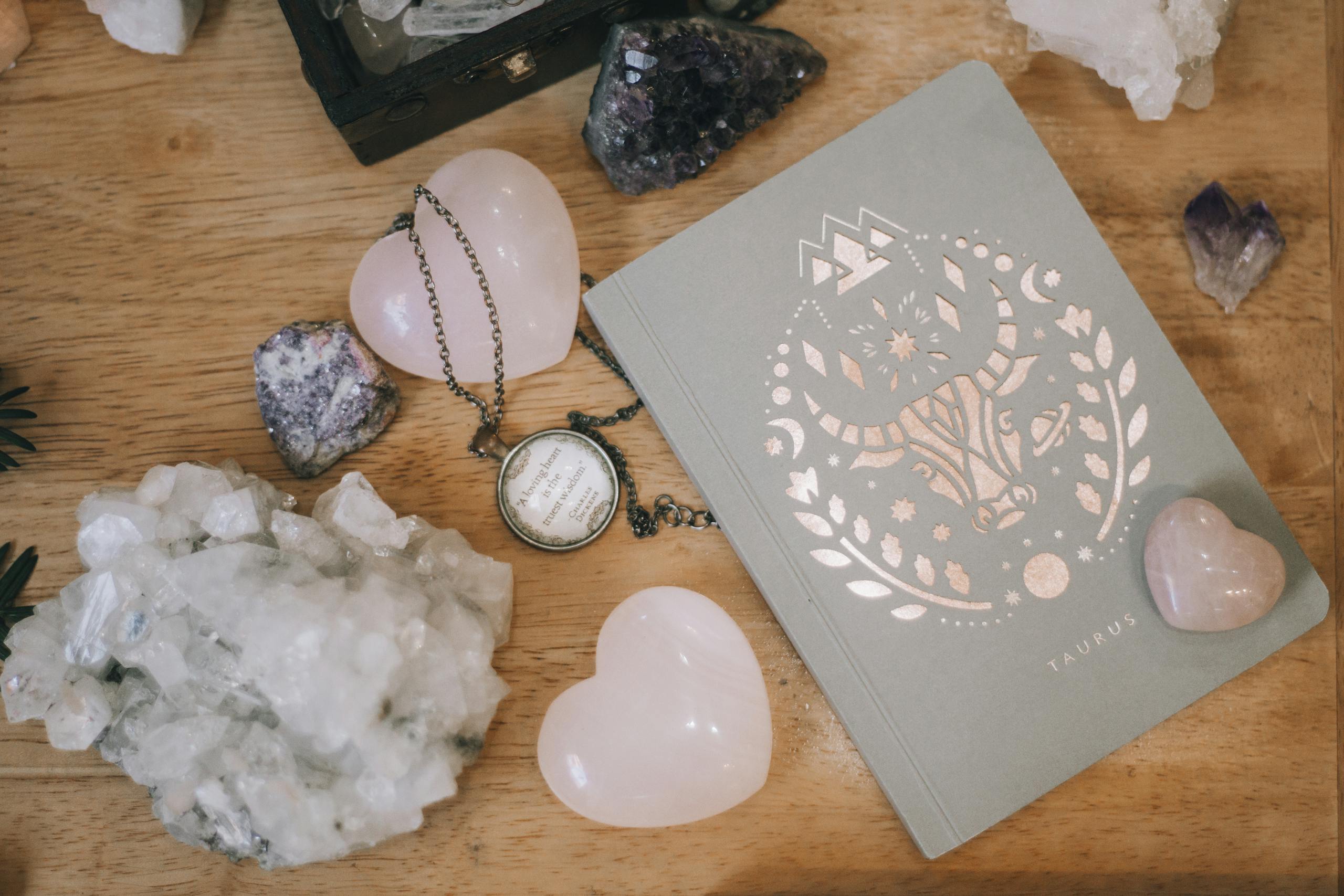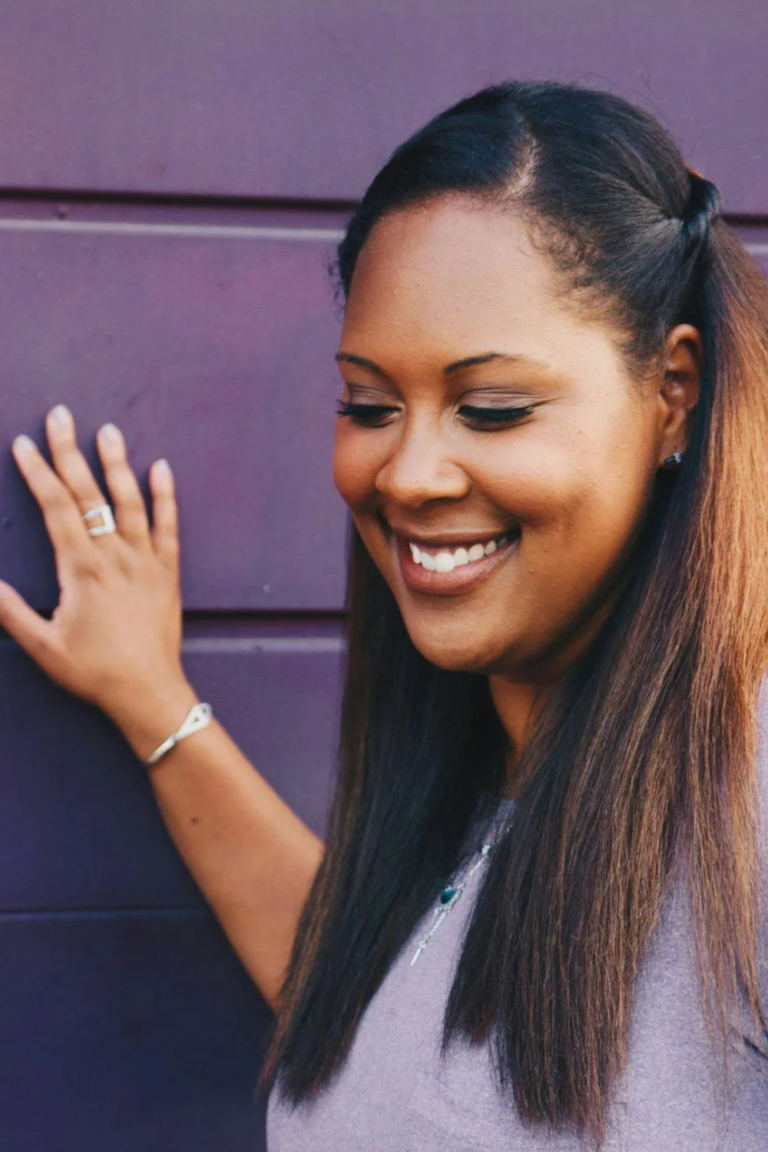Ever felt like the universe was sending you mixed signals? We’ve all been there—those times when you lean into astrology, hoping for clarity, only to feel like the cosmos decided to throw you a curveball. It’s easy to get wrapped up in the idea that the stars can guide us, especially when life feels chaotic. But what happens when things don’t align the way they should? Is astrology just a way to organize chaos, or is there more to the mystical predictions? Let’s dive into some relatable stories, explore why the stars sometimes miss the mark, and understand why we still turn to astrology, even when it doesn’t always get it right.
Trusting the Stars: When Belief Meets Reality
A friend of mine once got really into astrological compatibility with her partner. She found vintage compatibility quizzes that promised an intense, fiery, soulmate connection. They felt aligned in every way, and it was easy to believe that the universe had orchestrated their meeting. Wanting further confirmation, she visited an astrologer known for her accurate readings. The astrologer made bold predictions: their relationship was destined, her health required attention, and she’d never want biological children. With these affirmations, she felt secure about her future. But just weeks later, the relationship ended abruptly.
It’s easy to dismiss astrology when it gets things wrong, but this didn’t stop my friend from using astrology apps. For her, it wasn’t just about getting the “right” answer; it was about finding comfort in the cosmic patterns and understanding her place in the universe. “I like knowing what the planets are doing; I just don’t want someone else telling me what they mean,” she shared. It’s a sentiment many of us can relate to—sometimes, it’s less about the outcome and more about the journey of self-discovery.

Why Predictions Fail: The Technicalities and Timing of Astrology
When things don’t pan out as predicted, it’s tempting to ask astrologers if they’ve ever been wrong. What’s fascinating is that they rarely admit to making mistakes. Many explain that incorrect birth times, reading the wrong sign, or misunderstandings in interpreting the details are often to blame. Others emphasize that astrology looks at broader patterns and energies that unfold over time. It’s not always about pinpointing exact moments but understanding the trajectory of our lives.
One astrologer shared that her readings focus on these broader energies, which might not manifest immediately. “Sometimes, the things you want take longer than expected,” she said. “Something you wished for years ago could be unfolding today.” It’s a perspective that invites patience and faith, though it also highlights the tension between expectation and reality, which can be difficult for skeptics to accept.
To deepen this point, it’s important to recognize that astrology, much like other spiritual practices, doesn’t offer a guarantee. It’s about guiding energies and possibilities rather than providing an exact roadmap. Imagine it like planting a garden—just because you plant seeds today doesn’t mean they will bloom overnight. You have to nurture them, wait for the right season, and trust the process.
Turning to Astrology in Times of Uncertainty
Many of us turn to astrology when life feels overwhelming. Whether it’s stress from work, family drama, or relationship confusion, astrology offers a sense of order in a chaotic world. Take another friend of mine who, during a particularly stressful period at work and home, turned to astrology apps hoping for reassurance. But instead of providing clarity, the predictions only heightened her anxiety when they didn’t align with her experiences.
This is where astrology’s role as a tool for self-reflection comes into play. It can help us process our feelings and offer a framework for understanding our emotions, but it doesn’t always give us the immediate answers we seek. It’s similar to how people use meditation or journaling—it’s not about solving every problem on the spot but rather about organizing thoughts and finding some sense of peace.

Expanding the Purpose of Astrology: Reflecting Beyond Predictions
At its core, astrology isn’t just about predictions. It’s about providing a way for people to reflect on their lives and decisions. In that sense, it’s more like a mirror than a crystal ball. Consider astrology as a tool for creating narratives about our lives—stories we tell ourselves that help us make sense of who we are and where we’re going. These stories, even when not perfectly accurate, offer us a sense of belonging and a feeling that we are part of something greater.
For example, when one friend was dealing with a major career shift and a series of confusing dates, she felt as though the stars were aligning for something big. She believed that a super blue moon in Aquarius was the start of a “make or break” moment in her love life. But when nothing happened, she felt disillusioned. However, in reflecting on that time, she realized the predictions had given her the courage to evaluate her feelings and make important life decisions.
Astrology provides a platform to explore these emotional processes. It can be a form of guided introspection, similar to how some people use therapy or coaching. The key is to view it as a complementary practice rather than a definitive answer.
When Astrology Feels Eerily Accurate
Despite skepticism, there are moments when astrology feels incredibly accurate, even magical. A story comes to mind of someone who had a vivid dream about meeting her soulmate. She saw his face, felt his presence, and months later, met a man who matched her dream perfectly. They ended up together, and everything aligned just as the stars had predicted.
This brings up an important question: Is it fate, intuition, or coincidence? Some believe astrology tunes into our intuition, helping us recognize patterns that we might otherwise miss. Maybe astrology is less about predicting specific events and more about nudging us to pay attention to our gut instincts.
Practical Tips for Navigating Astrology with a Balanced Mindset
If you’re someone who loves astrology but sometimes feels overwhelmed or disappointed when predictions don’t align with your reality, it might be helpful to take a balanced approach. Here are some practical tips:
- Use Astrology as a Guide, Not a Rulebook: Think of astrological predictions as guidelines rather than set-in-stone facts. They’re there to help you reflect, not dictate your path.
- Track Patterns Over Time: Instead of focusing on immediate outcomes, pay attention to long-term patterns. This can help you see how energies and events unfold.
- Combine Astrology with Other Practices: Whether it’s meditation, journaling, or therapy, blending astrology with other forms of self-reflection can deepen your understanding and help you process emotions more effectively.
- Trust Your Intuition: Remember that astrology can amplify what you already feel intuitively. Use it to confirm your gut feelings rather than override them.
Should We Take Astrology Seriously?
The truth is, astrology cannot always give us precise answers, and that’s okay. For most of us, it’s about the process rather than the results. Even when predictions don’t come true, they can provide comfort, clarity, and a sense of direction. Ultimately, astrology works as a reflection tool, helping us understand ourselves and our journeys better.
Whether astrology is spot-on or wildly off, it’s part of our personal stories, helping us navigate life’s ups and downs. Maybe it’s the journey and the reflection that count, even if the stars sometimes get mixed up along the way. So, the next time you look up your horoscope, remember that while the stars can offer guidance, it’s up to you to decide what to do with it.









